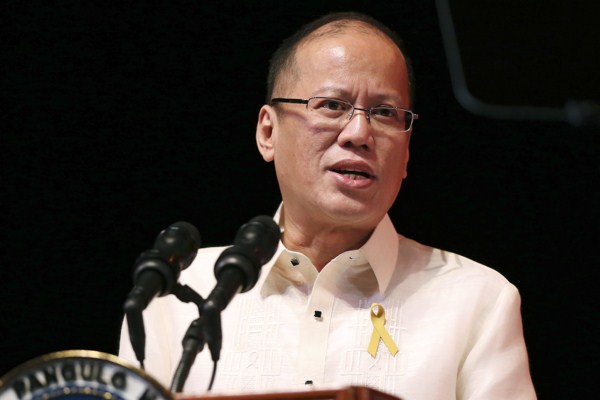To the astonishment of many political observers last month, Benigno Aquino III, the embattled president of the Phillipines, openly entertained the possibility of seeking a second term in office in 2016. That would require amending the constitution and contradicting the core principles of his mother, democracy icon and former President Corazon Aquino, who insisted on a single-term presidency to prevent the return of Ferdinand Marcos-style dictatorship.
Aquino’s plans represent a sharp turnaround since his 2010 election, which precipitated an unusual period of political stability and economic dynamism in the Philippines. After a decade of political uncertainty and sputtering growth under President Gloria Arroyo, the Aquino administration was a breath of fresh air. Astutely combining a much-touted agenda of good governance with responsible macroeconomic policymaking, Aquino managed to retain historically high approval ratings halfway into his term in office. But as he enters the final two years of his presidency, Aquino’s policies have come under fire, contributing to a sharp decline in his popularity.
Aquino’s political success was built on a moralistic crusade against the corrupt, deeply unpopular practices of the Arroyo administration. Leveraging his pedigree as the only son of two of the most revered political figures in Philippine history, he presented himself as an antithesis to the country’s business-as-usual, patronage-driven politics. As soon as he took over the presidency, Aquino, comfortably in command of the Philippine legislature, successfully launched impeachment complaints against Arroyo’s allies in the upper echelons of the Judiciary as well as the Ombudsman office, paving the way for the prosecution of Arroyo herself.

